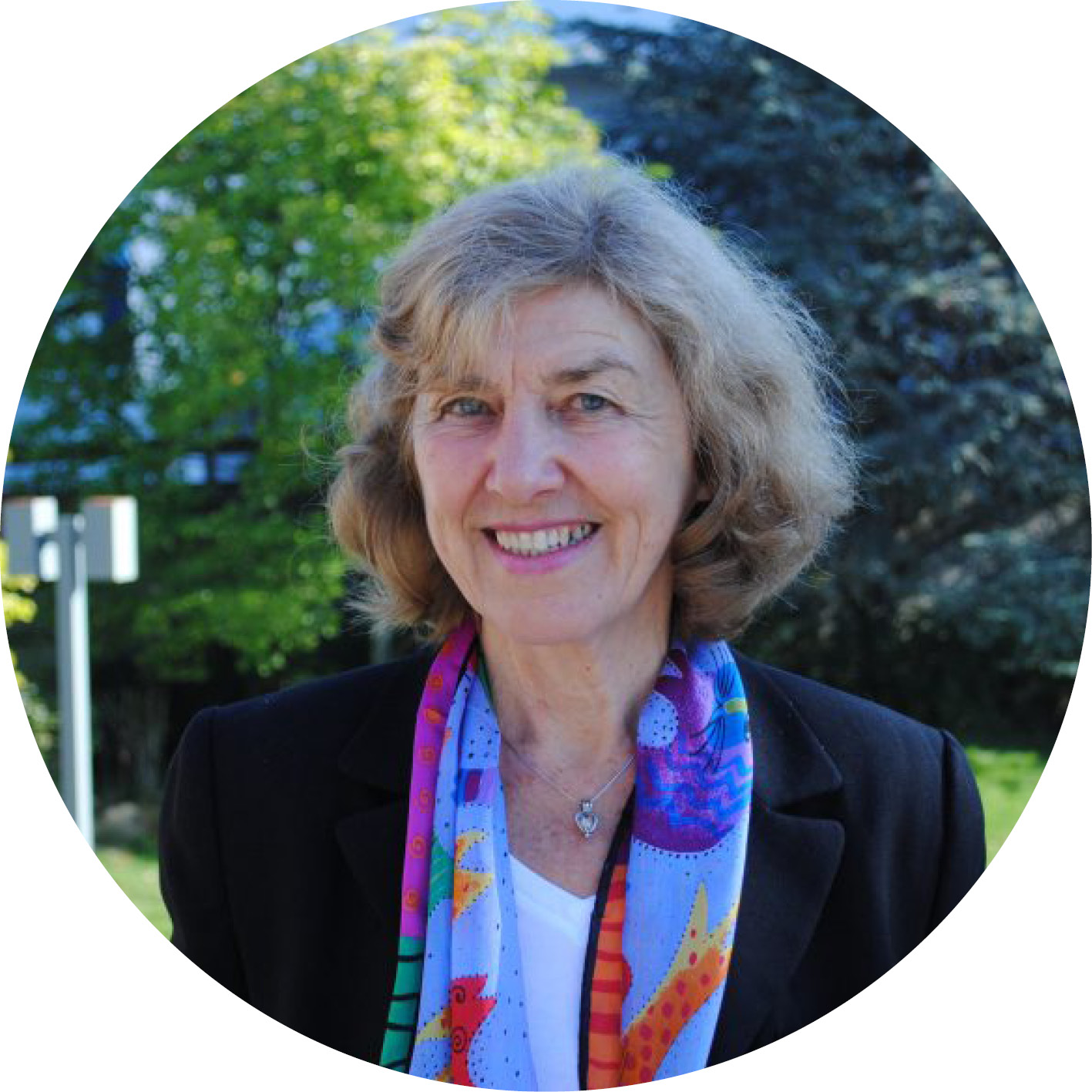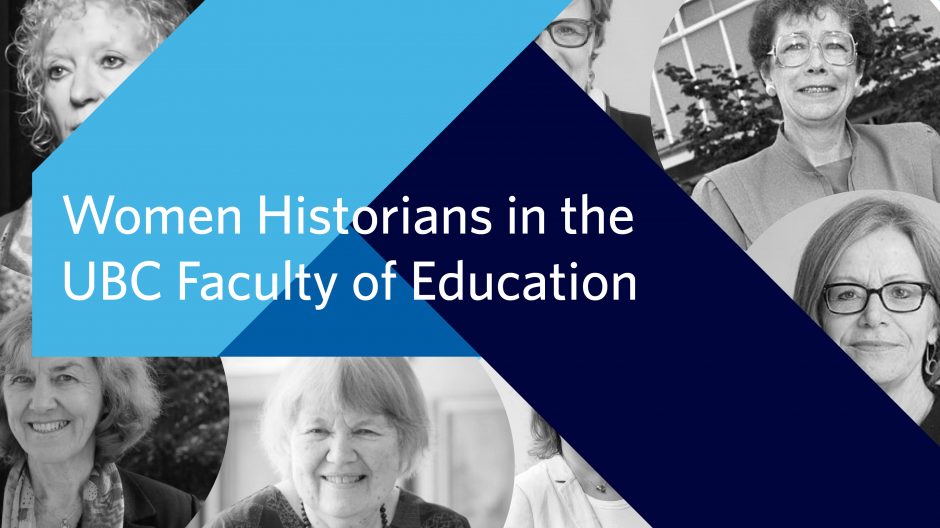March 8, 2021
Dr. Jean Barman
Professor Emerita, Department of Educational Studies, UBC Faculty of Education
Fellow of the Royal Society of Canada
Dr. Barman is an education historian who focuses on women in British Columbia and the relationships between Indigenous peoples and settlers.
One of the province’s most respected historians, Jean Barman dedicated her career to telling the stories of British Columbia and its people. She completed her Doctor of Education at the University of British Columbia in 1982.
Dr. Barman has published more than 20 books and 50 articles and book chapters. Her book, The West beyond the West: A History of British Columbia, is considered one of the most important works on the history of the province.
Her book, French Canadians, Furs, and Indigenous Women in the Making of the Pacific Northwest, won the 2015 Sir John A. Macdonald Prize for best English-language book in Canadian history, the Governor General’s history award for scholarly research, Basil Stuart-Stubbs Prize for Outstanding Scholarly Book on British Columbia, and K.D. Srivastava Prize for Excellence in Scholarly Publishing.
Learn more about Dr. Barman’s work, articles and awards: Profile One ∙ Profile Two ∙ Profile Three
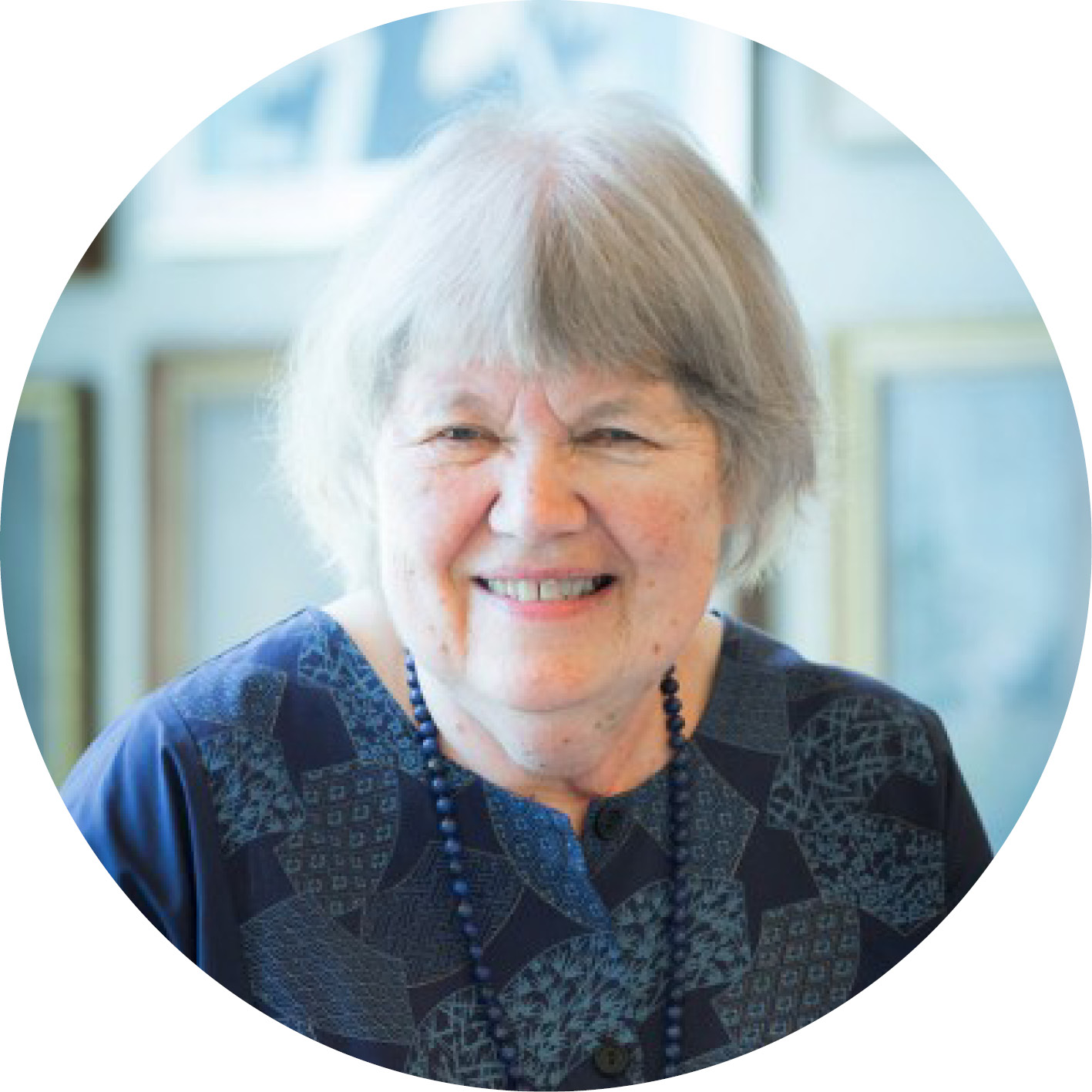
Dr. Penney Clark
Professor, Department of Curriculum and Pedagogy, UBC Faculty of Education
Dr. Clark is an education historian who focuses on the development of history and social studies curricula in Canada, history teaching and learning, and the historical production and provision of elementary-high school textbooks.
A widely published author and professor, Dr. Clark’s passion for and expertise in Canadian history have made her a pre-eminent scholar in the field. She has been awarded the Canadian History of Education Association Founders’ Prize (2012) (with co-authors Drs. Mona Gleason and Stephen Petrina) and the Canadian Association of Foundations in Education Publication Prize (2013) (with graduate student Wayne Knights). Her recent major publication, co-authored with Alan Sears, is The Arts and the Teaching of History: Historical F(r)ictions (Palgrave MacMillan, 2020) (297 pp).
Along with Dr. Mona Gleason, Dr. Clark is co-editor of the journal Historical Studies in Education/ Revue d’histoire de l’éducation. She is the former director of The History Education Network/Histoire et Éducation en Réseau (THEN/HiER).
Learn more about Dr. Clark’s work, articles and awards: Profile One ∙ Profile Two ∙ Profile Three

Dr. Mona Gleason
Head, Department of Educational Studies, UBC Faculty of Education
Professor, Department of Educational Studies, UBC Faculty of Education
Dr. Gleason is an education historian who focuses on children and childhood in Canada.
Dr. Gleason is a leading historian whose scholarly work addresses the history of education with a special interest in children, families, and social inequalities in 19th and 20th century North America. She teaches and conducts research in various areas, including age and size as categories of historical analysis, gender and sexuality, health and the body, race and nation, research methods in education, and schooling and the family.
She has supervised and co-supervised graduate students in a wide range of topics: decolonizing education, the privatization and marginalization of Muslim women’s bodies post 911, autobiographical approaches to the history of family, and schooling, mothering and language learning, Indigenous priorities in schooling, gender culture in kindergarten, sexuality and HIV prevention education in the context of South Africa, and educational leadership as a key concept in Early Childhood Education.
Along with Dr. Penney Clark, Dr. Gleason is a co-editor of Historical Studies in Education/Revue d’histoire de l’éducation.
Learn more about Dr. Gleason’s work, articles and awards: Profile One ∙ Profile Two ∙ Profile Three
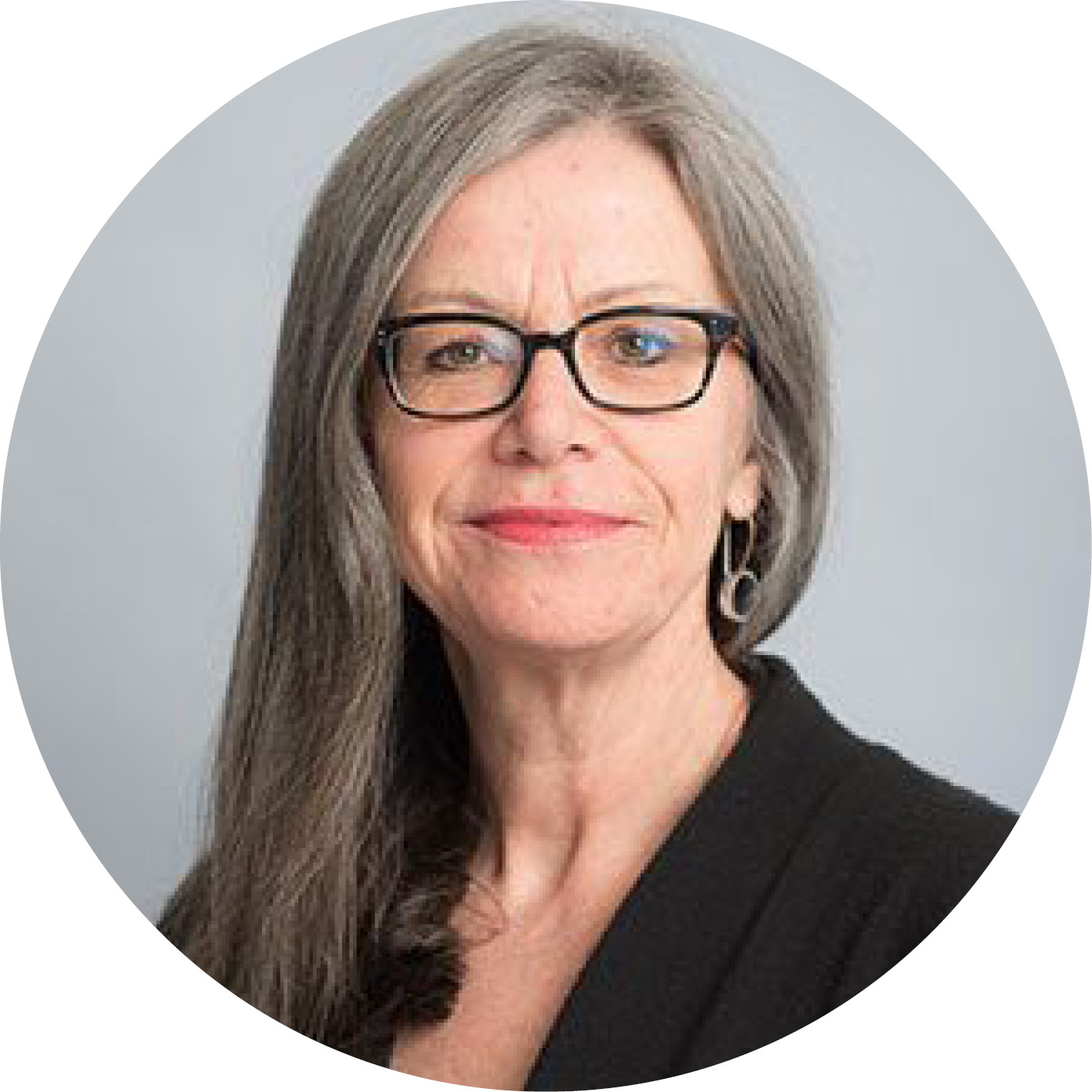
Dr. Jan Hare
Associate Dean, Office of Indigenous Education, UBC Faculty of Education
Professor, Language and Literacy Education, UBC Faculty of Education
Canada Research Chair in Indigenous Pedagogy
Dr. Hare examines the complex processes of learning to teach using Indigenous knowledge frameworks..
Dr. Hare’s work advances local, provincial, and national directives in Indigenous education resulting in new programs and pathways for Indigenous learners, as well as transforming teaching, learning, and research to be more responsive to Indigenous knowledges.
Dr. Hare is engaged in shaping UBC priorities, including the Indigenous Strategic Plan Implementation Committee, Lead for the Indigenous Engagement Working Group on the Climate Emergency Task Force, and the Joint Committee for Assessing Indigenous Scholarship.
Learn more about Dr. Hare’s work, articles and awards: Profile One ∙ Profile Two ∙ Profile Three
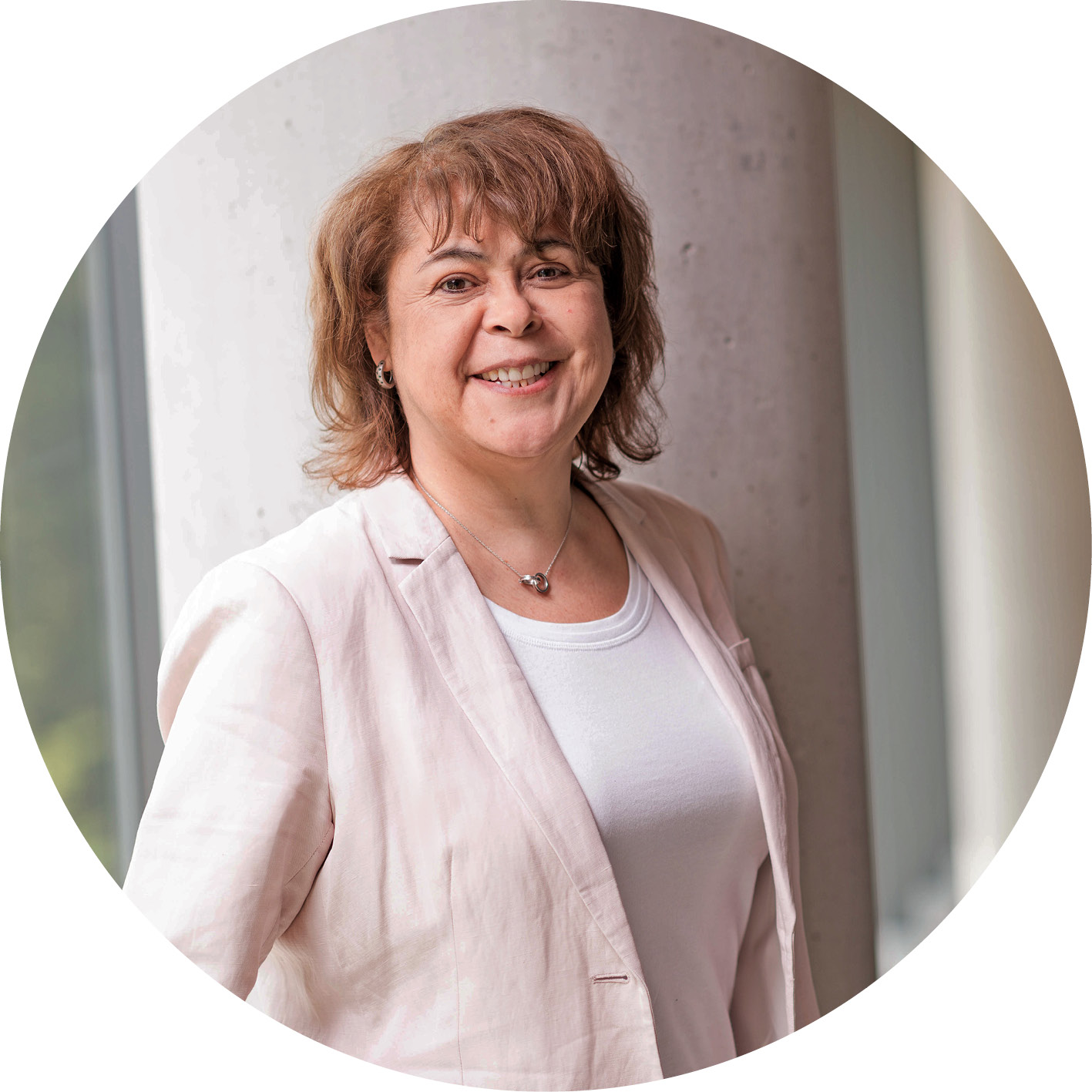
Dr. Nancy Sheehan
Former Dean, UBC Faculty of Education (1987-2000)
Professor Emerita, Department of Educational Studies, UBC Faculty of Education
Dr. Sheehan was the first woman dean of an academic faculty at the University of British Columbia. Watch the below UBC Legacy Project interview to learn more about her trailblazing career.
Watch video!
Video source: Nancy M. Sheehan: UBC Legacy Project interview from the UBC Library Open Collections
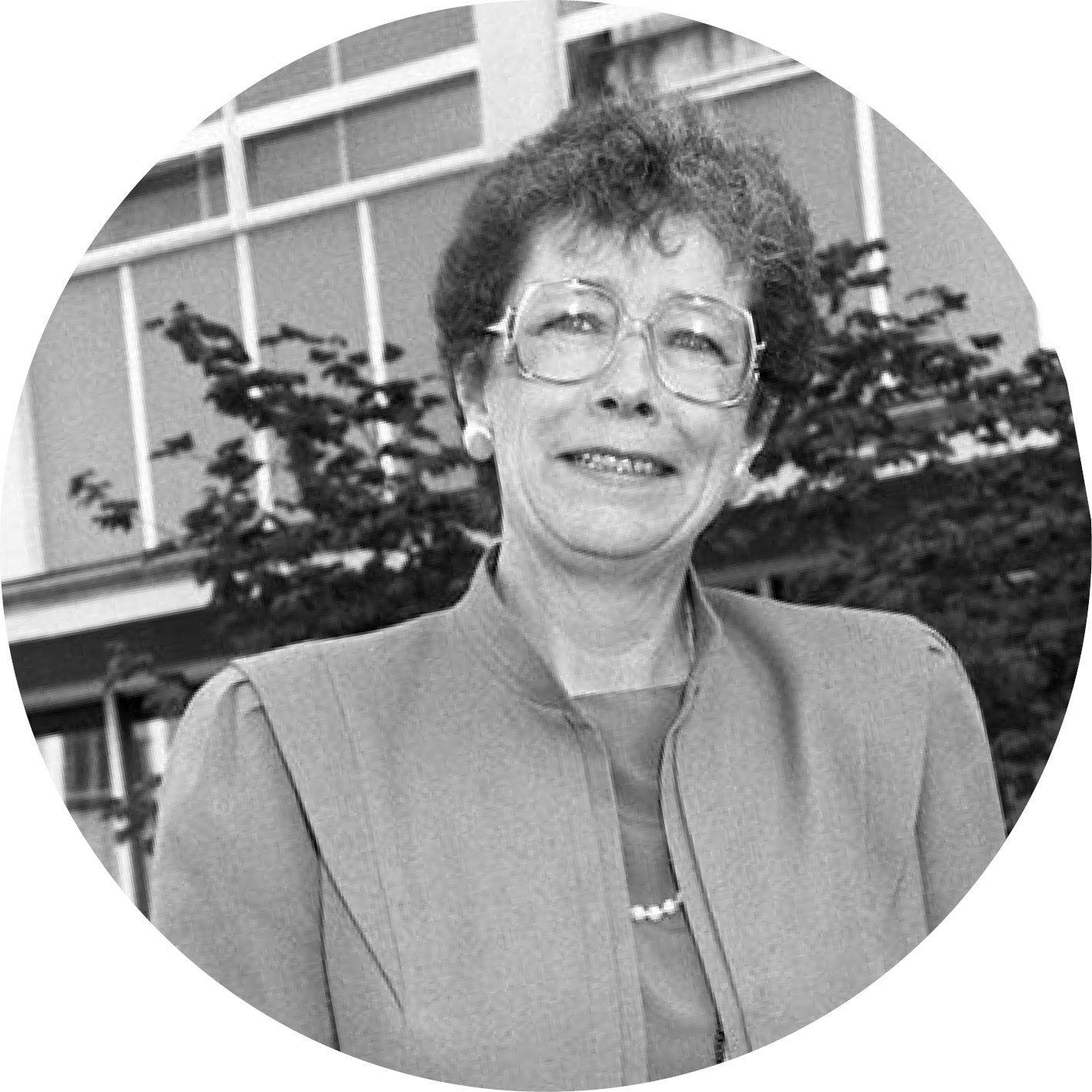
Dr. Veronica (Nikki) Strong-Boag, CM
Professor Emerita, Department of Educational Studies, UBC Faculty of Education
Fellow of the Royal Society of Canada
Dr. Strong-Boag is an education historian who focuses on children, women, feminism and social justice in Canada.
Professor emerita in UBC’s Institute for Gender, Race, Sexuality and Social Justice and the Department of Educational Studies, UBC Faculty of Education, Dr. Strong-Boag is a former president of the Canadian Historical Association and a Member of the Royal Society of Canada.
Her many publications and contributions to scholarly and community life in Canada have been recognized by the John A. Macdonald Prize, the Raymond Klibansky Prize, the Canada Prize in the Social Sciences, the Senior Killam and Leger Research Fellowships, both the Queen Elizabeth Golden and Silver Jubilee Medals, and the Trent University’s Ashley Fellowship.
In 2012, the Royal Society of Canada awarded her the Tyrrell Medal for outstanding contributions to Canadian history. She is also the director of the pro-democracy website womensuffrage.org, a member of the Editorial Board of Voices-Voix: Defending Advocacy and Dissent in Canada, and the General Editor of the seven-volume series, Canadian Women, Suffrage and Human Rights, forthcoming with UBC Press.
Learn more about Dr. Strong-Boag’s work, articles and awards: Profile One ∙ Profile Two ∙ Profile Three
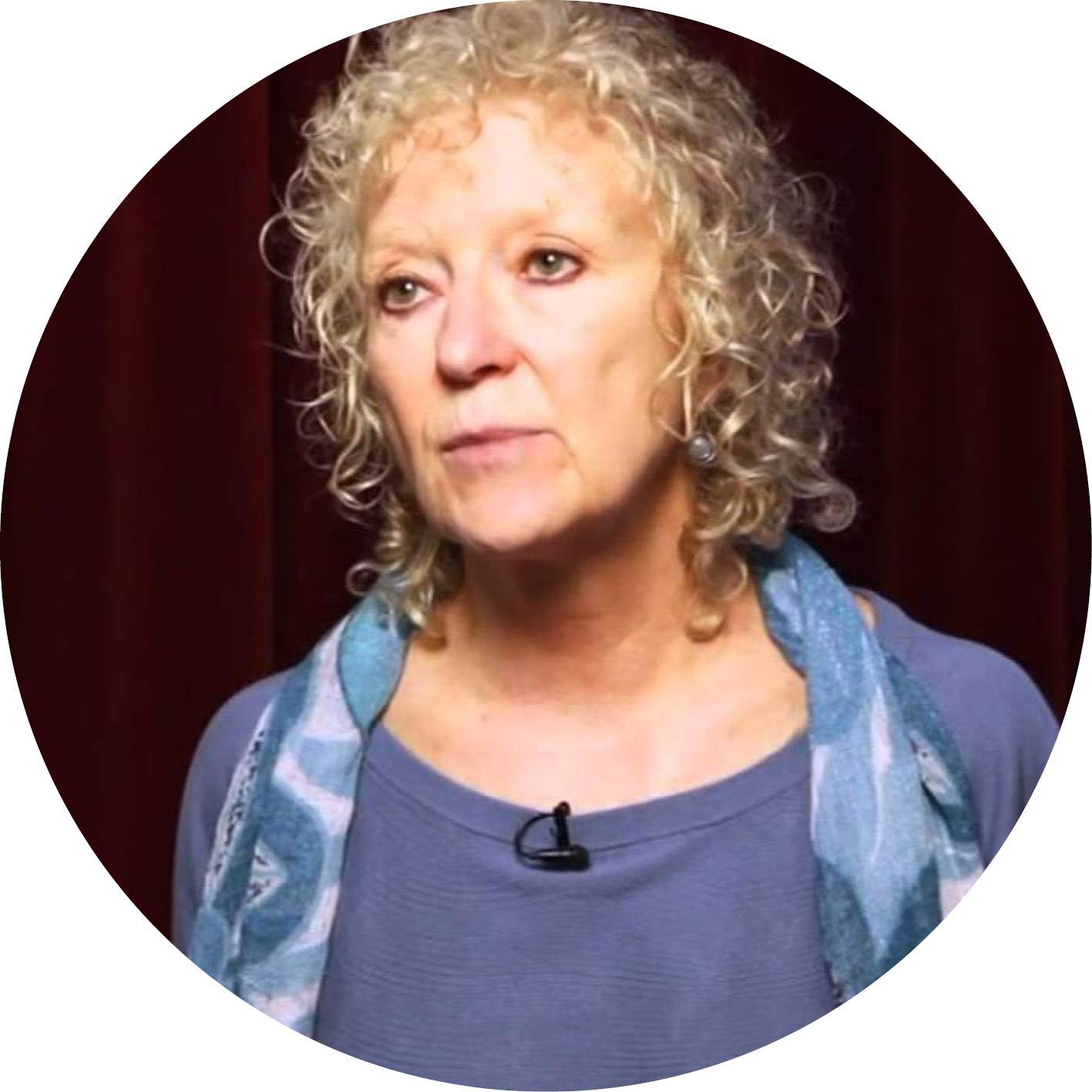
Dr. Patricia Vertinsky
Professor, School of Kinesiology, UBC Faculty of Education
Dr. Vertinsky is a historian who focuses on fitness, sport, physical activity and physical education across the last two centuries and in a transnational context.
Dr. Vertinsky is regarded as one of the most influential thinkers and producers in the fields relating to sports studies, cultural studies and the body-society paradigm. She is a social and cultural historian whose research is located at the centre of an upsurge of interdisciplinary interest in the body and its role in society, which is now seen as central to much contemporary thought and practice in medical science, educational practice, feminism, technology and health. Her research bridges the sciences, humanities and social sciences.
Her research focuses on the medicalization of the female athletic body, exercise and pregnancy, gender, sport and physical activity, critical histories of female physical education, movement education and kinesiology, the flow of physical cultures such as yoga across time and space, comparisons of traditional Chinese medicine and Western biomedicine on understandings of physical activity and health, and research on modern dance and masculinities.
Learn more about Dr. Vertinsky’s work, articles and awards: Profile One ∙ Profile Two ∙ Profile Three
